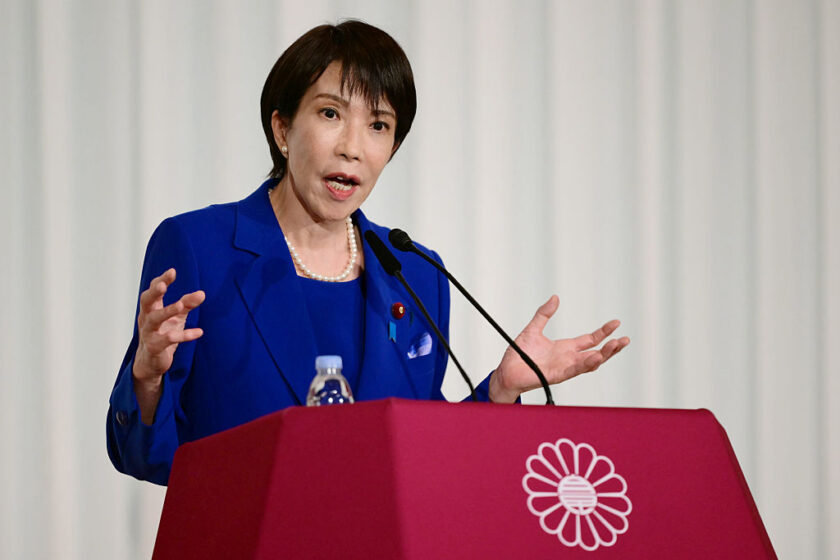Washington, D.C. – The Pentagon announced that recent US military strikes on Iranian nuclear facilities have significantly delayed Iran’s nuclear development, potentially setting the program back by one to two years.
At a press briefing on Wednesday, Pentagon spokesperson Sean Parnell confirmed that intelligence assessments indicate severe damage to key Iranian nuclear installations.

“We have degraded their program by one to two years — at least that’s what our internal intel assessments suggest,” Parnell stated, while withholding further operational details.
The coordinated US airstrikes on June 22 targeted three major nuclear sites in Natanz, Fordow, and Esfahan, according to reports confirmed by international media, including Xinhua News Agency.
Heavy Damage Confirmed at Fordow
In an interview with CBS News, Iranian Foreign Minister Seyed Abbas Araghchi acknowledged that the Fordow site, located deep underground, had sustained “serious and heavy damage.”
“No one exactly knows what has transpired in Fordow,” he said. “The extent of the damage is still being assessed by the Atomic Energy Organization of Iran.”
While Iran has not officially confirmed the scale of the destruction, Western analysts believe the Fordow facility — once considered a heavily fortified part of Iran’s nuclear infrastructure — may have suffered irreversible setbacks.
Iran Moves to Cut Off IAEA Access
In a significant diplomatic shift, Iranian President Masoud Pezeshkian has ordered the passage of a bill suspending cooperation with the International Atomic Energy Agency (IAEA). The legislation, endorsed by the Constitutional Council, mandates that Iran halt all collaboration with the IAEA unless assurances are made regarding national sovereignty, territorial integrity, and the protection of nuclear scientists and facilities.
Under the new law, no IAEA inspections can proceed without the explicit consent of Iran’s Supreme National Security Council.

The IAEA has yet to receive any formal communication from Iran regarding the suspension. In a brief statement, the agency said,
“We are aware of these reports. No official notification has been submitted to us so far.”
Global Concerns Over Rising Tensions
UN Secretary-General Antonio Guterres expressed deep concern over Iran’s decision to limit nuclear oversight. His spokesperson, Stephane Dujarric, said the move was “obviously concerning,” emphasizing the need for global cooperation with the IAEA.
“The Secretary-General has always stressed the importance of transparency and cooperation on nuclear issues,” he said.
The United States also criticized Iran’s latest actions. State Department spokesperson Tammy Bruce called Iran’s suspension of cooperation with the IAEA “unacceptable.”
“At a time when Iran had a window of opportunity to choose a path of peace and diplomacy, it has instead taken a deeply troubling step,” Bruce said.
“Iran must immediately and fully comply with IAEA protocols.”
A Tense Road Ahead
As diplomatic rifts widen, international observers fear a renewed nuclear crisis in the Middle East. The US maintains that the June 22 strikes were necessary to halt potential threats, while Iran sees them as violations of sovereignty.
With mutual trust eroding and oversight mechanisms weakened, the coming weeks could determine whether the region edges closer to diplomatic resolution — or deeper confrontation.









